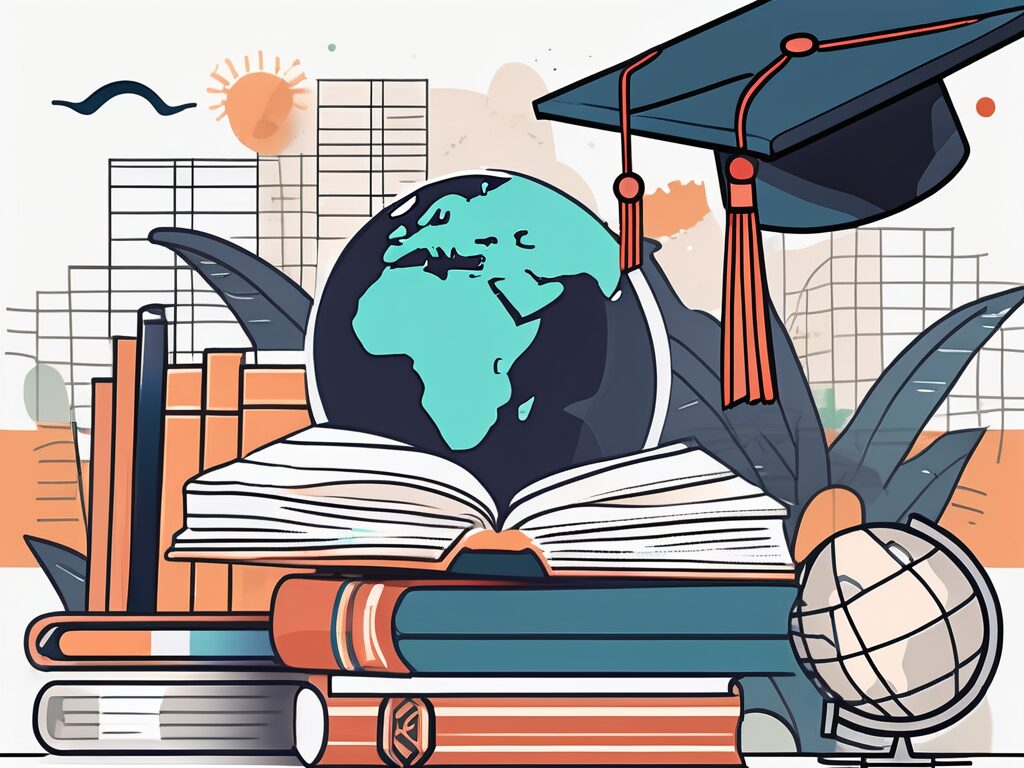In the ever-evolving global landscape, the importance of intercultural education is becoming increasingly apparent. This is particularly true in Malaysia, a country known for its rich cultural diversity and vibrant educational landscape. For educators seeking to enhance their skills and knowledge in this area, a Master’s in Education can provide a solid foundation. In this blog post, we will delve into five key points to consider when pursuing intercultural education in Malaysia with a Master’s in Education.
1. Understanding the Importance of Intercultural Education
Intercultural education is all about promoting understanding and respect among individuals from different cultural backgrounds. It’s akin to learning a new language, where instead of words and grammar, you’re learning about customs, traditions, and perspectives. In a multicultural country like Malaysia, this is particularly important.
With a Master’s in Education, educators can gain a deeper understanding of the theories and practices of intercultural education. This can equip them with the skills to foster a more inclusive and respectful learning environment. It’s like upgrading from a basic toolkit to a professional one – the difference in the quality of work can be substantial.
2. The Role of a Master’s in Education
A Master’s in Education is not just about advancing your career. It’s about acquiring a deeper understanding of educational theories and practices, and applying them to real-world situations. In the context of intercultural education, this can mean learning how to effectively teach students from diverse cultural backgrounds.
It’s like being a chef who not only knows how to cook a variety of dishes but also understands the science behind the ingredients and techniques. With this knowledge, educators can create a more engaging and inclusive learning environment for their students.
3. The Malaysian Context
Malaysia is a melting pot of cultures, with a rich history of multiculturalism. This makes it an ideal setting for intercultural education. However, it also presents unique challenges that educators must navigate.
For example, language barriers can often be a hurdle in multicultural classrooms. With a Master’s in Education, educators can learn strategies to overcome these challenges, much like a navigator learning to chart a course in uncharted waters.
4. Practical Applications
Intercultural education is not just about theory. It’s about practical application. A Master’s in Education can provide educators with the tools to implement intercultural education in their classrooms.
Imagine being a gardener with a new set of gardening tools. You’re not just learning how to use the tools, but also how to apply them to different plants and environments. Similarly, educators can learn how to apply intercultural education strategies to different classroom scenarios.
5. Career Opportunities
A Master’s in Education with a focus on intercultural education can open up a plethora of career opportunities. From teaching in international schools to working in multicultural organisations, the possibilities are vast.
It’s like having a passport that gives you access to a variety of destinations. With this qualification, educators can explore a range of career paths in the field of intercultural education.
In conclusion, pursuing intercultural education in Malaysia with a Master’s in Education can be a rewarding and enriching journey. It’s a journey that can equip educators with the skills to navigate the diverse cultural landscape of Malaysia, and foster a more inclusive and respectful learning environment. So, if you’re an educator looking to enhance your skills and knowledge in this area, this could be the path for you.
Take Your Intercultural Education Further with The IQTS at UWE
Ready to elevate your teaching career and meet the high standards of international schools? The International Qualified Teacher Status (iQTS) Programme at The IQTS at UWE is your gateway to success. With our Level 7 qualification, you’ll not only become part of a global community of educators but also increase your chances of career advancement and salary growth. Embrace the opportunity to deepen your understanding of international curricula and become a more adaptable educator, all while balancing your professional development with your current work commitments. Make Your Next Step and join the iQTS programme today to transform your intercultural education expertise into a thriving international teaching career.

